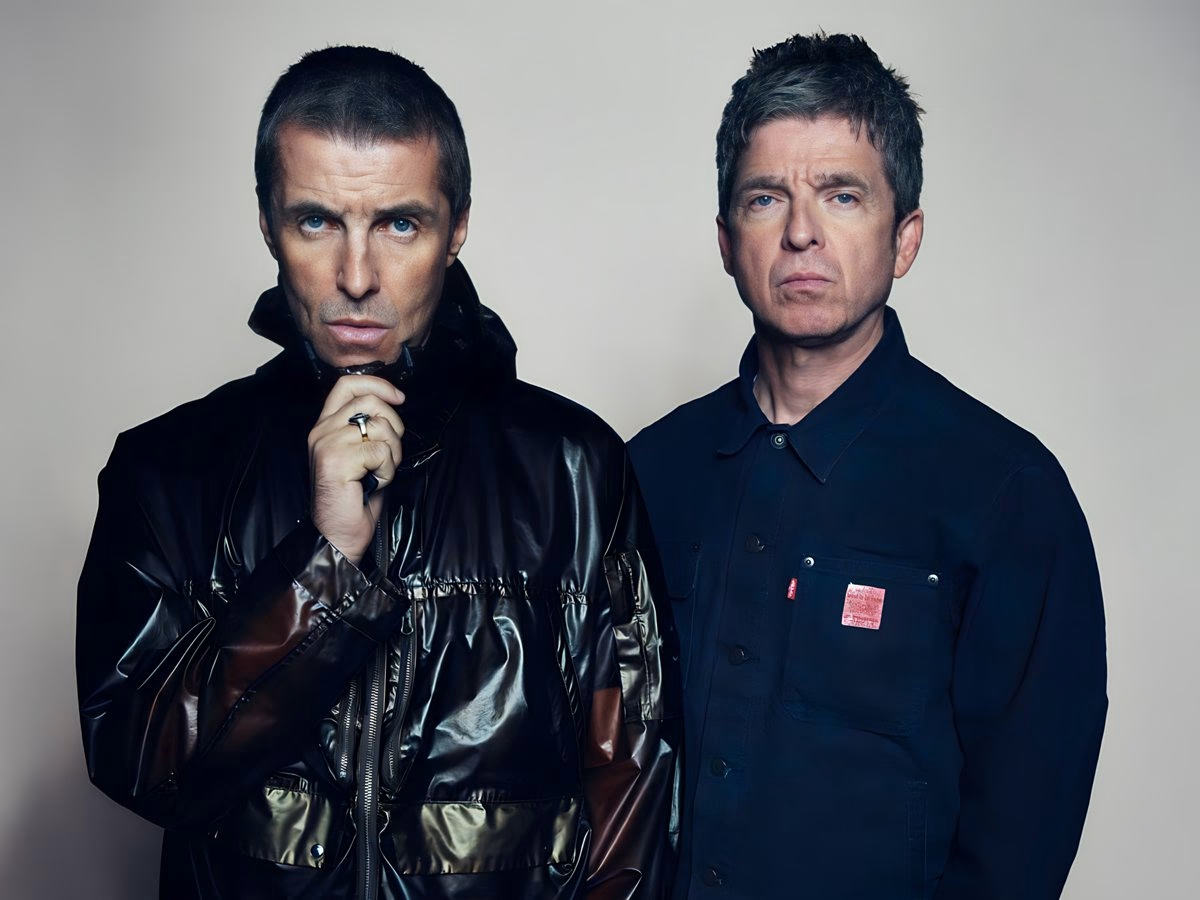It’s been over three decades since Irvine Welsh released Trainspotting. To put it into perspective, it feels as distant to new readers today as Catch-22 or To Kill a Mockingbird did back in 1993. Yet, for those like me, it feels strangely relevant even now. Despite the passage of time, Welsh’s gritty, colloquial prose still resonates powerfully.
Part of this enduring relevance stems from the phenomenal success of Trainspotting. It wasn’t just a critical hit; it became a cultural phenomenon, selling over a million copies. Its impact was amplified by Danny Boyle’s film adaptation, which became one of the highest-grossing British movies, encapsulating the essence of the Britpop era—fast-paced, audacious, and drenched in nostalgia.
Moreover, it seems that Britain hasn’t quite moved on from the era encapsulated in Trainspotting. The country feels bound to a past defined by a chaotic mix of Blairite management, questionable military interventions, and the recurring reunions of bands like Oasis. As George Orwell famously put it, “If you want a picture of the future, imagine Ewan McGregor racing down Princes Street to Iggy Pop—forever.”
Thus, Men in Love makes a fitting addition as a fifth installment to the Trainspotting saga. Set in the wake of the drug deal and betrayal that concluded Porno, we find the original characters scattered across different locales: Renton building a new life in Amsterdam, Sick Boy clawing his way up London’s social ladder, Spud seeking tranquility, and Begbie bouncing between prison and familiar streets in Leith.
The narrative unfolds through alternating first-person accounts, detailing how each character grapples with the challenges of adulthood. Renton reflects on his past choices, Spud oscillates between a genuine desire for change and addiction’s pull, Sick Boy weaponizes his charm for social warfare, and Begbie remains ensnared by his impulsive nature and love of violence. This all culminates in a chaotic wedding, where the old Thatcherite elite confront a sudden influx of working-class attendees disrupting their sheltered world.
At times, Welsh shines with his sharp wit and lyrical style. His writing captivates, particularly when he captures the poetic rhythm of everyday dialogue. When he evokes the complexity of addiction through Spud’s unexpected windfall, the reader can almost feel the internal conflict, as Welsh expertly portrays the duality of the addict’s psyche.
However, Men in Love also has its shortcomings. At times, Welsh seems to reach for edgy sentiments that come off as juvenile or misplaced. Lines like “If women must have mental health issues – and they must – it’s better to lean toward anorexia than obesity” feel shockingly out of touch. It raises the question of who really finds this kind of humor appealing.
Clocking in at over 500 pages, the book could have benefited from tighter editing. Themes surrounding romantic poets appear underdeveloped, while conversations about the digital age feel dated—even unremarkable. Additionally, there’s a surplus of tales about indie musicians trying their first recreational drugs, a narrative that feels exhausted.
The reasons behind Welsh’s continued exploration of the Trainspotting universe are clear: these characters remain beloved, and there seems to be a steady demand for their stories. It’s rare for a writer to cast such a long cultural shadow, and it seems unfair to judge from a place of unfamiliarity. Yet, reading Men in Love in 2025, amidst a Labour government grappling with its own identity, it’s hard to shake the feeling that we urgently need a fresh narrative altogether.
For more information, Men in Love by Irvine Welsh is published by Jonathan Cape.













